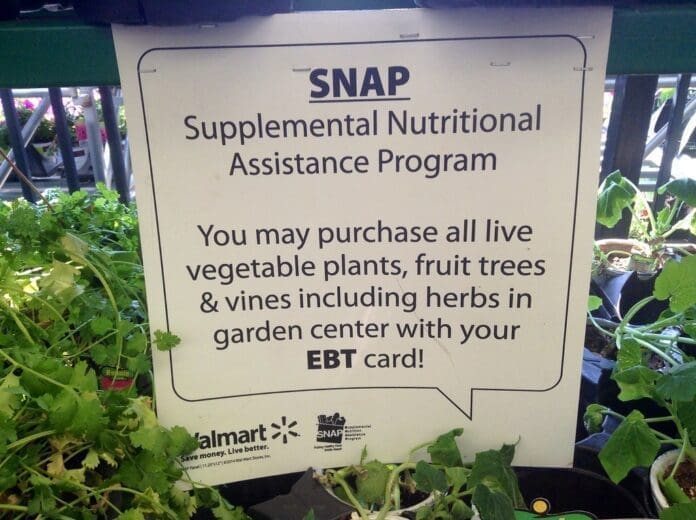I have had this thought circling through my head for the past couple of days about how COVID could have/maybe has changed some things for the poor.
The one thing I think about a lot is the P-EBT cards that families have received if their children received free or reduced meals in school. The first round of P-EBT arrived on regular SNAP cards, which are quite pretty, with a picture of the New River Gorge Bridge on them. Not long after the school year ended, new cards were sent that reminded me of the old-school Generic labels; they were white cards with black letters with zero frills.
I wondered why they would spend money sending out new cards. These cards have the kiddo’s name on them, too, with no adult attached to them.
Let me make it absolutely clear that I am 100% behind the P-EBT cards. Our poverty numbers are so high that no one needs to guess the prevalence of food insecurity. There are some differences between these cards and the regular ones; differences, I might add, that probably don’t stand out to a lot of people. The biggest difference, to me, is the fact that the threat of fraud seems to have decreased a little bit. I mean, now that everyone with a qualifying child seems to use the benefits, it seems as if the food-stamp shaming has decreased a great deal.
Money that could be spent much better by providing resources for the poor or directly into fighting poverty used to often be wasted on poor shaming campaigns. Let’s talk about a campaign that was here in West Virginia a couple of years ago: drug testing for government assistance benefits. Or maybe we should talk about the one requiring drug testing for free community college.
Or wait – maybe we should talk about the urban legend of the woman who never buys food and sells her SNAP benefits for drugs. Or … or … or … Or maybe we should talk about these posters that were hung in stores across the state that read, “Stop SNAP Fraud” in bold white block letters.
Yeah, let’s start with that one.
So, a couple of years ago, I had a few people reach out to me about a letter they received in the mail from the fraud investigation unit. Now, I don’t know if it’s possible to explain the fear that often comes with applying for and receiving government assistance benefits, but receiving that letter was very stressful for a lot of people. Along with the letter, all across West Virginia you could walk into most convenience or grocery stores and spot small posters that gave you a call to action to stop SNAP fraud.
There was a picture of a law enforcement badge on these posters, and text telling you that if you saw someone purchasing alcohol or tobacco with their EBT card to call a 1-800 number. I know that some of you reading this are nodding your head in agreement with the message. But here’s the thing: you can’t fraud computer cash registers with SNAP benefits.
Actually, the systems are designed to automatically separate SNAP approved items from non-approved items. This means that you can have a case of beer on the conveyor belt right beside a package of steak and the register will separate those items. The cashier will tell the customer that it’s “x” amount of money on the EBT card, and then, when that transaction is finished, accept another approved payment for what’s not SNAP approved. Hopefully, P-EBT users have realized this.
Another not-so-well-known fact is that EBT cards aren’t used for only SNAP. EBT stands for “Electronic Benefit Transfer,” so other things, such as child support, can be put on an EBT card. In fact, you can even receive cash back at the register, but, to the untrained eye, it looks as if food stamps were used to buy that stuff. Imagine if you saw that transaction and called and reported someone for fraud. You did exactly what the poster and letter told you to do, right? But you also took food out of that family’s mouth until it could be proven that they didn’t use their SNAP benefits to buy that stuff, which will probably take a while.
COVID-19 has provided us with many learning opportunities. I hope the fact that our hypocrisy toward the poor receiving assistance when we’re not in a pandemic has been one such opportunity. I haven’t heard one person accuse non-poor folks of P-EBT fraud.
I haven’t seen posters in stores or heard of letters being received. There have been no complaints in my circle about P-EBT being used to buy steak. Let’s hope that is one pandemic condition that becomes permanent.
Onward,
Amy Jo


